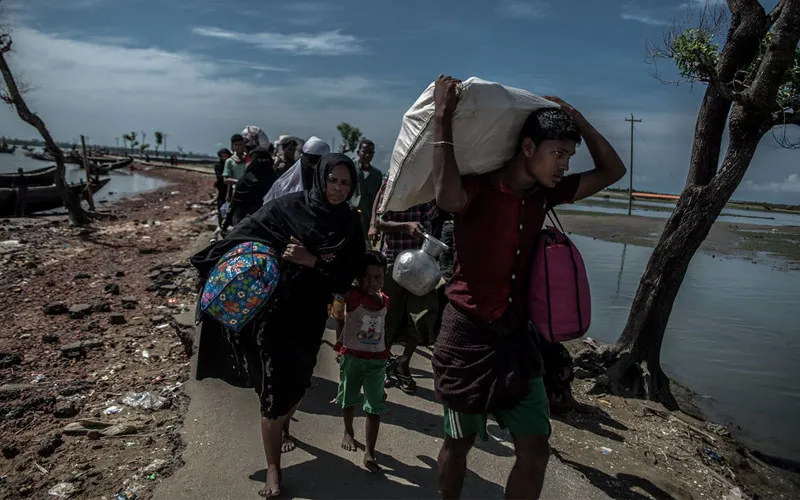Nairobi, 22 May, 2022 / 9:00 pm (ACI Africa).
As the International Migration Review Forum (IMFR) gets underway, the leadership of the global confederation of Catholic relief agencies, Caritas Internationalis (CI), is calling on the international community to grant a special protection status to people and communities displaced due to climate change.
In a Tuesday, May 17 report, the CI Secretary General said that the entity is pushing for legal protection for “people and communities displaced due to climate change” and favorable conditions for people “to stay where they live”.
“On the occasion of the International Migration Review Forum (IMFR), Caritas Internationalis asked for a special protection status to be granted to people and communities displaced due to climate change’s adverse effects,” Aloysius John has been quoted as saying in the report.
Mr. John added, “The Confederation also urges to create conditions for enabling people to stay where they live, especially by enhancing communities’ resilience to climate change – through prevention, training, and capacity building – and investing in long-term strategies founded on social protection and cohesion.”
“As the Holy Father underlined already in Laudato Si’ Encyclical, there is an incredibly rising number of people that are forced to migrate within States and across-borders due to climate-induced vulnerabilities, including those related to food insecurity, lack of livelihood options, and human rights crises,” the CI Secretary General said in the May 17 report.








